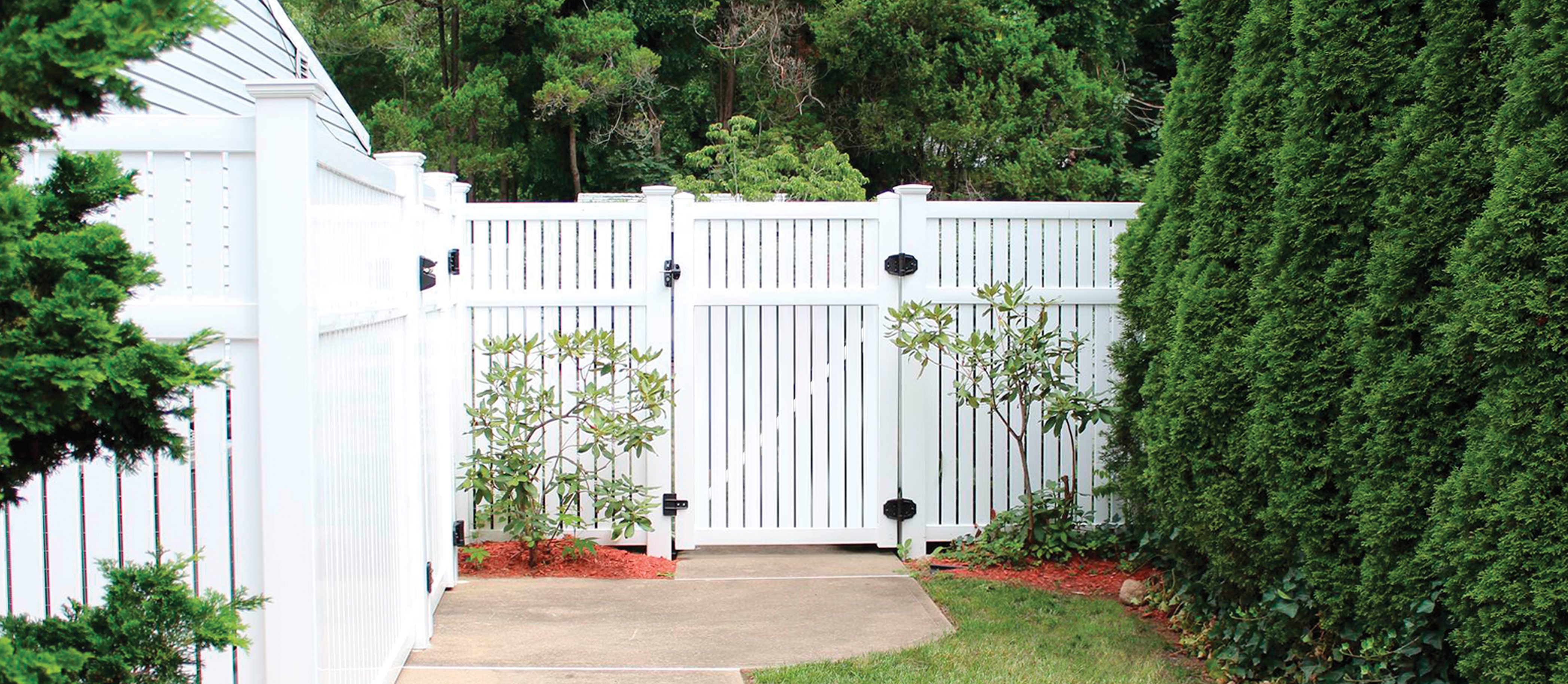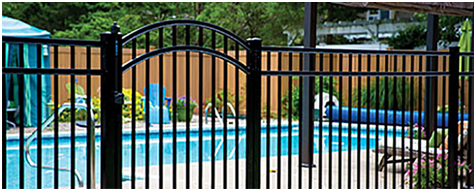May 2009 (ARA) – Your deck is the perfect place to enjoy the warm weather with friends and loved ones. But an unsafe deck could possibly collapse, causing serious injuries to you and your guests.
The number of deck failures and resulting injuries has been increasing at an alarming rate. Between 2000 and 2008, there were at least 30 deaths reported as a direct result of deck collapses, and more than 75 percent of people on a deck when it collapses are injured or killed. With 40 million decks in the United States that are more than 20 years old, it’s important for homeowners to check their deck.

The North American Deck and Railing Association is dedicated to increasing public awareness of the necessity for regular inspection and maintenance of existing decks and proper installation of new decks.
A key element of enjoying your deck for years to come is making sure it is safe and code compliant. NADRA’s “10-Point Consumer Safety Checklist” is an efficient way to take a good look at the different parts of your deck, with an eye to what might need maintenance, repair or replacement. Safety first, fun second — make sure your deck is safe to enjoy.
You might also consider a professional inspection. “A professional inspection will examine every inch of your deck, provide information on your deck’s capacity limits, identify any dangerous problem areas and give you a map of what to keep your eye on in the future. If your deck is older, this might include a regular deck inspection schedule,” says Mike Beaudry, executive vice president for NADRA.
Older decks require closer scrutiny. Many of these decks were built before code requirements were in place to protect consumers. Some of these decks may have deck-to-house attachments using only nails. If your deck is older, it is even more important to have it inspected by either a home inspector (NADRA recommends ASHI-certified home inspectors) or a knowledgeable deck builder (see the listing at nadra.org). NADRA member deck builders are required to adhere to a code of ethics and comply with state licensing and insurance requirements.
If you find your deck is not safe to enjoy, NADRA advises taking immediate action to have it repaired or rebuilt as necessary.
To choose a deck builder, NADRA offers the following tips:
* Ask friends and family members for referrals and contact state and local licensing authorities and trade associations such as NADRA.
* Meet with and carefully evaluate all potential deck builders. Ask to see a portfolio and some samples of the decking and railing materials they prefer to use. Good builders take pride in their work and will be enthusiastic about the possibility of creating a relationship.
* Pay attention to the deck builder’s experience, licensing, insurance coverage and professional references.
When hiring a deck builder, there is more to consider than just price. In addition to the tips above, NADRA recommends homeowners contact their city or county building department to speak with an inspector knowledgeable about deck construction.
For more information visit www.nadra.org.
Courtesy of ARAcontent


